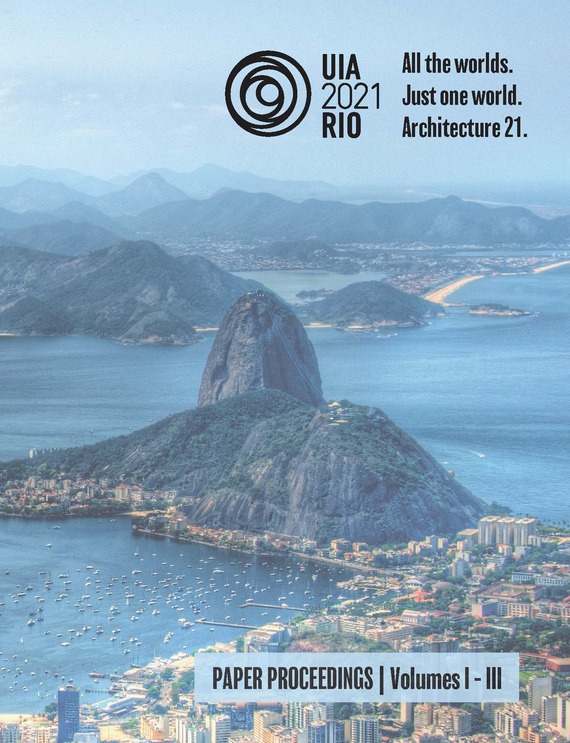Author(s): Yushu Lang
This paper explores the entangled relationship between tradition and politics behind the transformation of desert settlements in Inner Mongolia in the context of China’s rapid urbanization. It does so by focusing on one case study: Alxa League, a marginal league located at the west end of the narrow Inner Mongolia region with most of its rammed earth dwellings reconstructed after the government‘s “Ten Full Coverage” policy and “Ten Models of All-Region Tourism” policy in 2014-2016. The former aimed at demolishing old villages and creating new or modern settlements in the region’s rural pasturing areas, and the latter aimed at creating model tourist destinations in the region. Under the former, many vernacular houses with unique regional features and age-long histories have been torn down, with their residents relocated in new modern settlements. Under the latter, Gonghuduge was selected as one of the ten model tourist destinations for comprehensive redevelopment. This paper examines the mechanisms, politics and effects of redeveloping vernacular dwellings and settlements based on field observations and interviews with local residents, officials and designers. It reveals the project a failed one with many deficiencies. The paper concludes by reflecting the tangled relationship between tradition and politics in the context of Chinese urbanization based on the findings from this case study. It provides a criticism on current discourse on rural reconstruction and calls forth more sensible approaches in rural redevelopment which encourage local participation in creating a unique place identity.
Volume Editors
ISBN
978-1-944214-31-9

 Study Architecture
Study Architecture  ProPEL
ProPEL 
